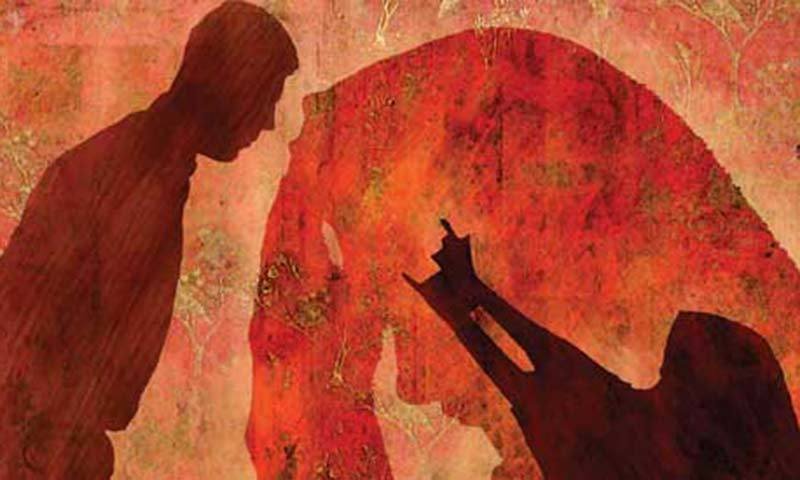By Rozina Ahmed
Marriage is a social contract between an adult man and woman with their free will to live a life together. The success of this relationship depends on shared ideals, mutual respect, dignity and equal distribution of economic and social responsibilities.
However, historically, women have always been disadvantaged and exploited in the name of customs and traditions associated with marriage that are practised for centuries in different communities and societies. In patriarchal societies, women have been oppressed, abused and exploited in the name of culture, norms and ‘honour’ of a family.
In such societies, a woman’s feelings, personal choices including dressing, and participation in cultural, sports and social activities are defined by male members of the society. A woman has to follow certain ‘codes’ or remain within certain bounds willingly or unwillingly without questioning them for her survival in a suffocated society. People have been practising these customs/traditions from generation to generation unquestioned without any major changes unaware of their impact on women’s life.
Some people might consider these traditions normal but if we critically dissect and analyze them from a social and psychological perspective, we come to the conclusion that these are some of the root causes of the rising incidents of domestic violence, depression among women leading to suicide.
For instance in Wakhi tradition, ‘kanao khak’ (a farewell sermon or advice) to the bride is given when she is about to leave her parents’ house. This is a very emotional moment for the bride as well as for the parents. I have been witnessing this ritual since my childhood. She is reminded how to be an ‘obedient’ and ‘pious’ wife and how to leave her desires, feelings and habits behind and honour the wishes and orders of her husband and in-laws.
The advice is delivered by the bride’s father or any other male elder from or on behalf of the family and clan. The bride is sanctified that from now onwards her husband’s home is her last and only place. She should be contented with whatever problems she might be facing in her in-laws’ family and try to resolve them on her own and never share with her parents or any other. “Your life and death is attached to your new house. So do whatever your in-laws say.”
My question is why such advice is not given to the bridegroom and remind him of his responsibilities?
The woman is always considered the honour of her father, brother, husband or clan. She has no identity of her own and is not considered an independent human being with her own dreams, feelings and choices and nor associated with the family’s honour.
This might seem an odd argument as to why would I am questioning it with this ritual after all it’s about doing good for the girl, how to live happily. She has to live her remaining life with her husband as he is her legal custodian now, whatever he decides for her no one can question him.
Staying happy with her husband and in-laws is the ultimate goal of every parent for their daughter. These advices become problematic and critical when a rift starts between the two for whatever reasons. It puts a woman in a quandary what to do? Where to go and whom to approach for sharing her grievances and for resolving the issue?
Mothers mostly don’t encourage their daughters to discuss their issues openly, in most cases, they are told not to discuss the issues with their father and brothers. The progressive societies have very different criteria of being a “good girl” like who don’t complain about and discusses her problems openly with anyone despite suffering depression. In such a situation of hopelessness and despair, the only option left for her is to take the extreme step of taking her life.
Keep in mind that not all parents shut their doors for their daughters but there are cases that cannot be ignored; we cannot put such sensitive issues under the carpet traditionally what we are doing till now.
Now, what happens when a woman is not allowed to express her grievances at both her parents as well as her husband’s house, she feels suffocated and suffers from depression ultimately leading to suicide. According to research reports majority of women suffer various psychological problems and depression is the top among them. But again depression is considered taboo and not discussed openly. A woman suffering from depression has to fight alone despite showing the symptoms and ultimately it leads to suicide. Because of the fear of divorce and going back to her parents or brothers, the easiest way to escape from her agonies is to take her own life.
For people like me, this might not be an issue. But that doesn’t mean it’s irrelevant for every woman. The impact of this piece of advice, I have seen in many cases has led to depression and ultimately suicide. There are women who chose to die rather than go back to their parents because they are told not to discuss their domestic issues at their parent’s place. This might be an issue of very few but still, it needs to be addressed and questioned.

Rozina Ahmed is a social activist and doing MPhil from GC Lahore

